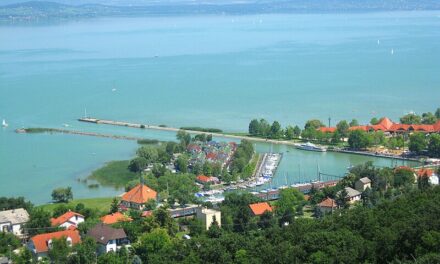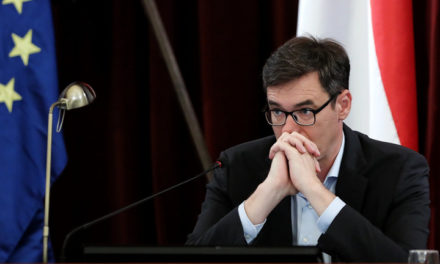The risk of European companies using Ukraine's gas reservoirs for reserves has increased too much. Kiev is angry, but once again profit has overridden solidarity.
European energy traders this summer are not as keen as they were last year when it comes to leasing gas reservoirs from Ukraine to stockpile. Although the largest reservoirs on the continent are operated by Kiev, and last year there was a competition to see who could accumulate more surpluses there, the Russian artillery attacks caused such serious damage to the Ukrainian energy infrastructure that it prompted a restructuring of the short-term plans of Western companies.
The Financial Times reports that in June and July this year, after the storage peak
European gas stocks stored in Ukraine were only one-tenth of last year's amount.
EU reservoirs can hold roughly 100 billion cubic meters of gas, last year Ukraine offered an additional 10 billion cubic meters of storage capacity, of which European traders used about 2 billion - not least because of the extremely discounted storage tariffs. However, all of this has fundamentally changed this year. European companies sent only 15.4 million and 51.9 million cubic meters of gas to Ukraine for storage in June and July, respectively, compared to 102.7 million and 586.6 million last year. In other words, there is still very little storage this year, even if the European facilities are already at 86 percent saturation.
The main concern is, of course, the storage risk created as a result of the Russian attacks. Although the gas tanks are located deep underground and thus protected from missile attacks, the same cannot be said about the surface facilities located above them - which ensure the storage and retrieval of gas. In other words, there is absolutely no guarantee that they will be able to get the gas out of the ground when it is needed due to Russian airstrikes.
No insurance
Although Ukraine's state-owned energy company, Naftogaz, says damage to above-ground facilities from the spring attacks has been repaired and that everything is operating as usual, Western traders see no assurance that the destruction will not begin again. As much as Ukraine wants to rent out its infrastructure again, according to the EU partners, Kiev should present some very serious incentives for them to use it.
Last year, the EU negotiated with financial institutions and achieved results on risk insurance, but this year, thanks to the effectiveness of Russian attacks, not many were willing to guarantee such a risky business venture. Ukraine could have earned roughly 200 million euros from gas storage, but the hedging costs of this optimal amount could reach up to 1 billion euros. As one expert put it: "They will help him more if they simply transfer 1 billion euros to Ukraine."
Featured image: MTI/EPA/Dumitru Doru













